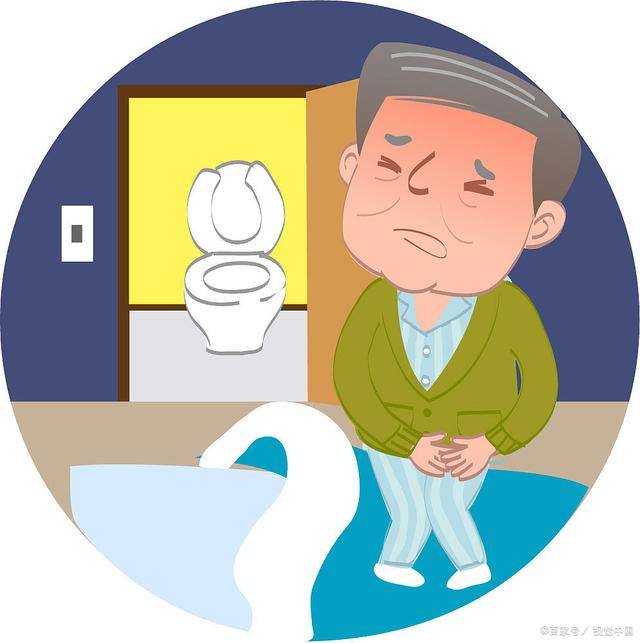Difficulty urinating, a common physiological phenomenon, may make many people feel uncomfortable and embarrassed in life. However, it may also be an important call for help from the body, reminding us to pay attention to our own health. In this article, we will delve into the possible reasons for difficulty urinating and how to respond correctly to this bodily signal.
First, we need to understand that difficulty urinating is not just a problem with the urethra or bladder. Although these issues are the most common, difficulty urinating may also be a manifestation of lesions in other parts of the body. For example, prostate problems, neurological diseases, medication side effects, and other conditions can all lead to difficulty urinating. Therefore, when this symptom occurs, we should first undergo a comprehensive physical examination to rule out potential health issues. For men, prostate problems may be a major cause of difficulty urinating. Prostate enlargement is a common disease in men, which can compress the urethra and cause difficulty urinating. In addition, prostate cancer may also cause similar symptoms. Therefore, men experiencing difficulty urinating should pay special attention to the health of the prostate, and undergo relevant examinations and treatment promptly.
In addition to prostate problems, neurological diseases can also lead to difficulty urinating. Conditions such as spinal cord injuries, Parkinson’s disease, multiple sclerosis, and other disorders can affect nerve control over the bladder and urethra, leading to difficulty urinating. For these patients, treating difficulty urinating requires a comprehensive consideration of the condition of the nervous system and the implementation of appropriate treatment measures. Furthermore, certain medications can also cause difficulty urinating. For example, some antidepressants, anticholinergic drugs, and others can affect the normal functioning of the bladder and urethra. Therefore, when taking these medications, we should closely monitor our physical condition, and if symptoms like difficulty urinating occur, consult a doctor promptly to adjust the medication dosage or switch medications. When dealing with difficulty urinating, we also need to pay attention to some lifestyle adjustments. Maintaining adequate water intake, avoiding prolonged sitting, engaging in regular physical exercise, etc., can help improve symptoms of difficulty urinating. Additionally, maintaining a positive mindset is also crucial. Difficulty urinating may bring some inconvenience and embarrassment to our lives, but we should not be overly anxious or feel inferior because of it. Recognizing and addressing this issue correctly, actively seeking medical help, is key to solving the problem.
In conclusion, difficulty urinating may be an important call for help from the body. We should take this symptom seriously, undergo a comprehensive physical examination promptly, and identify potential health problems. Depending on the underlying causes, different treatment measures need to be taken, including medication, surgery, physical therapy, etc. Furthermore, adjusting lifestyle and maintaining a positive mindset are important ways to alleviate difficulty urinating. Finally, we emphasize that in the face of difficulty urinating, we should maintain a positive and optimistic attitude. Although it may cause some trouble in our lives, as long as we recognize and address this issue correctly, actively seek medical help, we can definitely find solutions. Let us pay attention to our health, cherish every moment in life, and let life shine even brighter.
Proofreading/Formatting: Xiao Han Health


